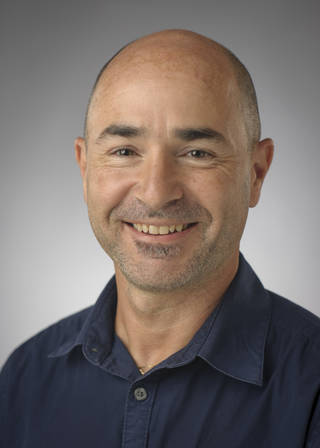
Sylvain Costes
GeneLab Project Manager and Principal Investigator, Space Biosciences Research Branch
March 21, 2022 – 3:30 pm – Zoom
For the past five years, the Biological and Physical Sciences Division has pioneered Open Science in Space Biology by funding Open Science Data Repositories (OSDR). GeneLab and the Ames Life Sciences Data Archive (ALSDA) have been archiving and scientifically curating spaceflight and spaceflight relevant data for multi-omics and non-omics respectively. Specifically, the GeneLab Data System has become a full enterprise solution providing advanced mining capabilities, several application programming interfaces for data federation and machine learning approaches, and delivering to the world an analytical and visualization platform which has enabled collaboration within the scientific community. Over the past three years, large meta-analysis and modeling studies have been published by NASA Analysis Working Groups (AWGs), which are comprised of ~300 volunteer scientists, divided into several groups of interest (e.g. plants, microbes, animals, omics, non-omics). One natural extension of GeneLab data reuse has recently turned towards linking animal data with human data, which is the next necessary step to further validate animal models for inferring biological risks to humans conducting low earth orbit, lunar or Martian missions. New analytical methods beyond traditional system biology approaches are currently being investigated. Artificial intelligence and machine learning are promising technologies to address challenges specific to spaceflight data such as low number of samples and heterogenous datasets. We will discuss further the status of knowledge and future approaches to accelerate our basics understanding of the impact of space stressors on living entities using state-of-the-art omics and biotechnology.
